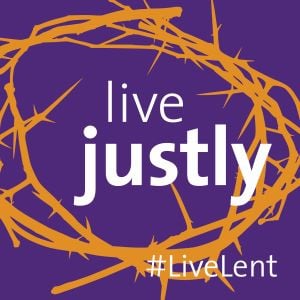 Depending on the method of counting, earthworms have 0, 5, or 10 hearts. That is because earthworms do not have hearts in the proper sense of the word. Instead, they have structures called aortic arches scattered throughout their bodies that shunt blood along. Although an earthworm cut in half cannot grow into two new worms, one half of the worm can grow enough new aortic arches to survive.
Depending on the method of counting, earthworms have 0, 5, or 10 hearts. That is because earthworms do not have hearts in the proper sense of the word. Instead, they have structures called aortic arches scattered throughout their bodies that shunt blood along. Although an earthworm cut in half cannot grow into two new worms, one half of the worm can grow enough new aortic arches to survive.
Too often I find myself living with the earthworm mentality: I place my value in the projects that I can build and grow in various areas of life – personal, professional, relational, spiritual. These projects become “pseudo hearts:” they provide a pulse for life, keep me moving forward, create a sense of meaning. These proxy hearts also offer a method of self-preservation, since when one project fails, another can grow up to take its place.
Living this way, devoted to a disintegrated set of projects, allows for a certain degree of purpose and productivity. Yet ultimately, we are made to live not with the pseudo hearts that we can create but with the human heart that we are given – the heart that God gave us.
God longs for us to live with human hearts. He desires that we embrace all of the love and pain, joy and sorrow, hope and confusion that makes us human, and to see everything in our hearts in relation to Him. He invites us to not just move from one project to the next, but to meet Him at our core and to seek His presence in every area of our lives.
The price of living with the human heart that God offers is vulnerability. This becomes evident in the first reading. As Azariah stands before the people, he notes that the Israelites have no earthly power or goods to offer to God; they can only offer themselves. They can hand over their hearts to God in a spirit of complete humility and, precisely because they humbly open up their own plans to God’s purposes, can ask for wonders and glory. They vulnerably offer their whole selves, and in doing so ask God to redeem every area of their lives.
Lent offers a time for us to similarly give our whole selves to God. Our prayer, fasting, and almsgiving allows us to develop a deeper awareness of our dependence on God, and in doing so to entrust ourselves to Him more fully. As we entrust ourselves to God and place ourselves before Him with a spirit of openness and vulnerability, He can place Himself before us, bringing a firmer foundation and further fullness to our lives.



